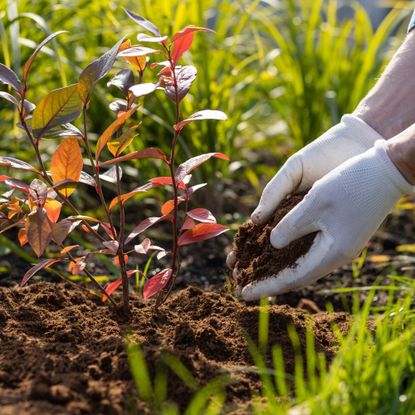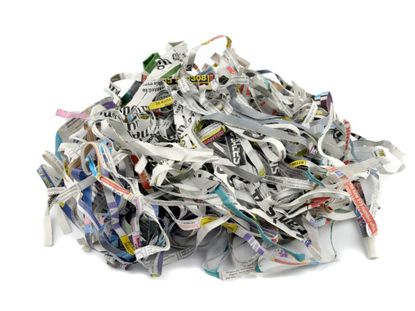Mulch
Most of us know the value of using mulch in the garden. But what are the different types and which one is best? How and when is the right way to use it? We can help with this. In the articles that follow, you will find a number of tips and information on using various mulch types. When you're armed with the right knowledge, you can put all these questions to bed.
-
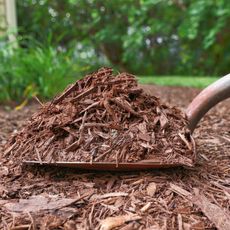
Complete Guide To Mulching: Everything You Need To Know
All gardens, whether they are flower or vegetable, benefit from the use of mulch. Learn more about best practices of mulching your garden beds.
By Bonnie L. Grant
-
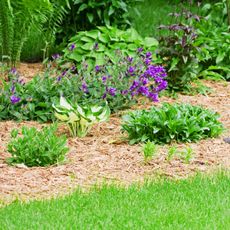
5 Free Magic Mulch Materials That Will Transform Your Garden – Per An Eco-Expert
Award-winning eco-expert Kim Stoddart reveals 5 magic mulches that improve soil health and help the planet. Plus, you can find these free materials anywhere!
By Kim Stoddart
-
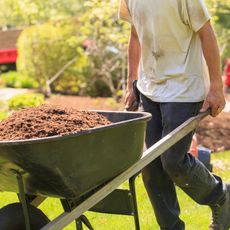
Best Eco-Friendly Mulch: Learn Which Mulches Are The Best And Which to Stay Away From
Some of the best eco-friendly mulch might be closer at hand than you think. Learn about what’s good and bad about different types of mulch.
By Amy Grant
-
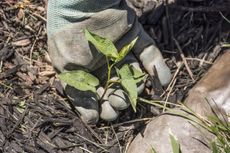
Mulch Weed Control and Tips On Getting Rid Of Weed Growth In Mulch
Weed control is one of the primary reasons for applying mulch, yet pesky weeds may persist, even through a carefully applied layer of bark chips or pine needles. What should you do if you've got weeds coming up in mulch in spite of your best intentions? Click here.
By Mary H. Dyer
-
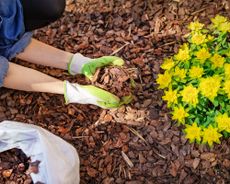
7 Mulching Mistakes To Avoid If You Want Healthier Plants
Mulching is one of the most important gardening jobs to add nutrients to plants, retain water in the soil, and keep down weeds. However, if you do it incorrectly it will do more harm than good. Discover the key mistakes to avoid – and how to fix them.
By Mary Ellen Ellis
-
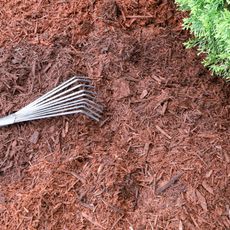
When To Mulch Your Garden & Why Mulching Early Is A Bad Idea
When to mulch in the garden depends on what you want to achieve, whether it’s protection from the winter cold or summer heat, to add nutrients or to suppress weeds, learn about the best times to lay mulch.
By Bonnie L. Grant
-
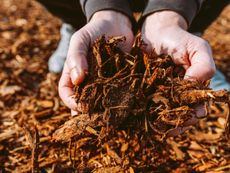
Tips For Reusing Old Mulch
Are you wondering what to do with old mulch? Can it be reused? Read tips for how to reuse and refresh old mulch.
By Mary Ellen Ellis
-
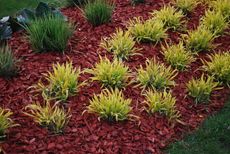
Is Colored Mulch Toxic – Safety Of Dyed Mulch In The Garden
Dyed mulches can be very aesthetically pleasing and make landscape plants and beds stand out, but not all dyed mulches are safe or healthy for plants. Learn more about colored mulch vs. regular mulch in this article.
By Darcy Larum
-
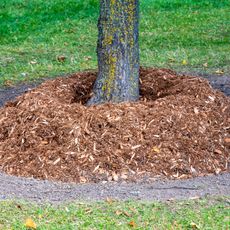
Too Mulch Of A Good Thing: How Much Mulch Is Too Much?
Too much mulch can be detrimental to your plants and trees. Learn about how to avoid over-mulching.
By Teo Spengler
-
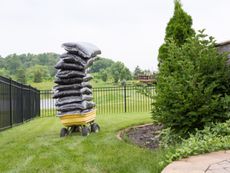
Storing Bagged Mulch: Can You Store Bagged Mulch
Unused bagged mulch needs to be stored properly so it doesn't mold, attract insects, or turn sour. Bad mulch can be detrimental to plant health. Read this article for more information.
By Bonnie L. Grant
-
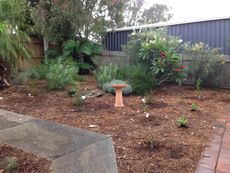
What Is Tea Tree Mulch: Using Tea Tree Mulch In Gardens
A good mulch regulates soil temperature but also accomplishes much more magic. One of the best things you can do for your plants is to use tea tree mulch in gardens. What is tea tree mulch? Click this article to learn all about tea tree mulch uses.
By Teo Spengler
-
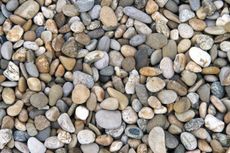
What Is River Pebble Mulch: Learn About Using River Rock Mulch In Gardens
Different mulches work better for different purposes. The kind of mulch you choose can have positive or negative effects on the plants. This article will address the question, "What is river pebble mulch?" as well as ideas for landscaping with rocks and pebbles.
By Darcy Larum
-
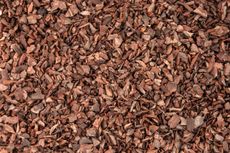
What Is Pine Bark: Information On Using Pine Bark For Mulch
Properly placed organic mulch can benefit soil and plants in many ways. With so many choices of organic mulches on the market, it can be confusing. This article will discuss the benefits of pine bark mulch. Click here for more information.
By Darcy Larum
-
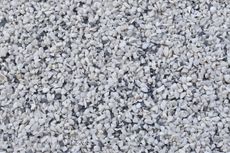
What Is White Marble Mulch – Using White Marble Mulch In The Garden
Organic mulches, like wood chips and pine needles, are always a good choice, but crushed stone is swiftly gaining in popularity. Use the information in this article to learn more about using white marble chips for landscaping.
By Liz Baessler
-
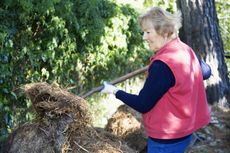
What Is Lucerne Mulch – Learn About Mulching With Lucerne Hay
What is lucerne mulch, and what's the scoop on lucerne mulch benefits? If you live in North America and you're not familiar with lucerne hay, you may know the plant as alfalfa. Learn more about its mulching potential in this article.
By Mary H. Dyer
-
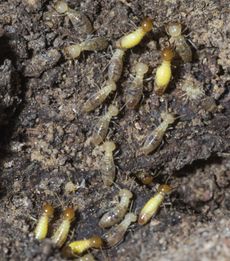
Wood Mulch And Termites – How To Treat Termites In Mulch
Many people are concerned about termites in mulch piles. Does mulch cause termites? If so, we wonder how to treat termites in mulch. The following article provides information that can help answer these questions.
By Karen Boness
-
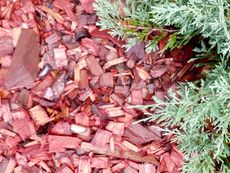
Does Cedar Mulch Affect Bees?
Does cedar mulch affect or attract bees in any way? Click here to learn about cedar mulch and insects.
By Amy Grant
